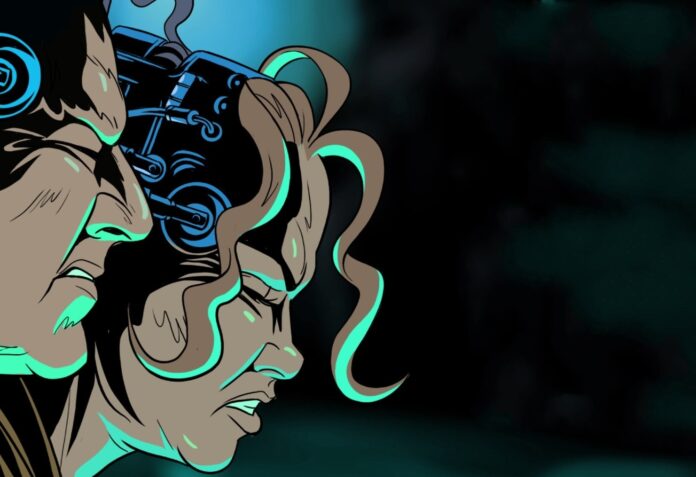Polish indie studio Eleven Puzzles has been making a name for themselves as the creators of some fine cooperative puzzle games, like Unsolved Case and Unboxing the Cryptic Killer. Their latest project, Parallel Experiment, is their most ambitious title yet. Co-founded by Adrian Olczyk and Karolina Pytka, the fully remote studio has been crafting unique multiplayer puzzle experiences since its inception in 2020.
“The initial idea was very simple and primitive, we just wanted to make a game set in a laboratory. That was it,” says CEO and co-founder Adrian Olczyk. But as the story developed, it took on a life of its own. “Originally, the game was called Parallel Lab, but as the narrative evolved, we realized it was about more than just a lab. It was about an experiment, about deeper conflicts and hidden truths. That’s how Parallel Experiment was born.”
At the heart of Parallel Experiment is a gripping narrative centered around two antagonistic brothers embroiled in a mysterious scientific experiment connected to their missing parents. Players take on the returning roles of detectives Ally and Old Dog, who begin investigating the case, only to find themselves caught in a dangerous conspiracy. Olczyk credits a major source of inspiration to “binge-watching The X-Files at the time,” which influenced the supernatural undertones in the game’s story.
True Cooperation
One of the defining features of Parallel Experiment is its real-time cooperative gameplay. “Without a doubt, that’s what we’re most proud of,” Olczyk states. The game is designed so that players are often separated, holding different pieces of the puzzle, and must rely on each other entirely. “The feeling of figuring something out together, where both players contribute equally, is what makes the experience so engaging. It was also a big technical and design challenge. But we love how it turned out and seeing players get excited about it makes all the effort worth it.”
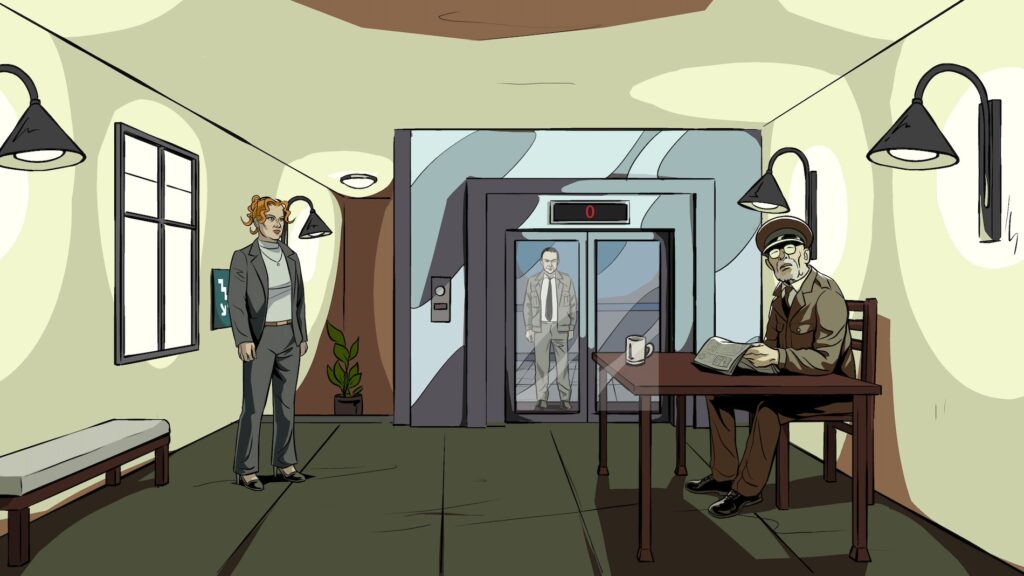
So what exactly was the biggest challenge?. “The balancing of the game between two players,” Olczyk explains. “If one player is waiting around too much or one side of the puzzle is significantly easier than the other, the experience loses its magic.” The solution? “Extensive testing and ruthless evaluation. If something feels unbalanced or boring, we change it. We’ve spent countless hours fine-tuning puzzles to ensure both players are always actively solving, thinking and communicating.”
Creative Puzzling
Puzzle design at Eleven Puzzles is a meticulous and iterative process. “It all starts with me and Karolina Pytka, my co-founder. We throw ideas around, different puzzle mechanics, narrative elements and unique interactions,” Olczyk says. Their goal is to ensure variety so that no two puzzles feel the same. “We never run out of puzzle ideas! There’s always a new way to challenge players. We love exploring different styles of puzzles, logic, pattern recognition, environmental interactions and even experimental mechanics like cooperative dialogues.”
Once a concept is chosen, it goes through a prototyping phase where function takes priority over form. “At this stage, we don’t care about visuals at all. We make simple sketches and truly ugly placeholder graphics. Seriously, they look like something a toddler would draw! But that’s the point! If the puzzle is fun and engaging even when it looks terrible, we know we’re onto something.”
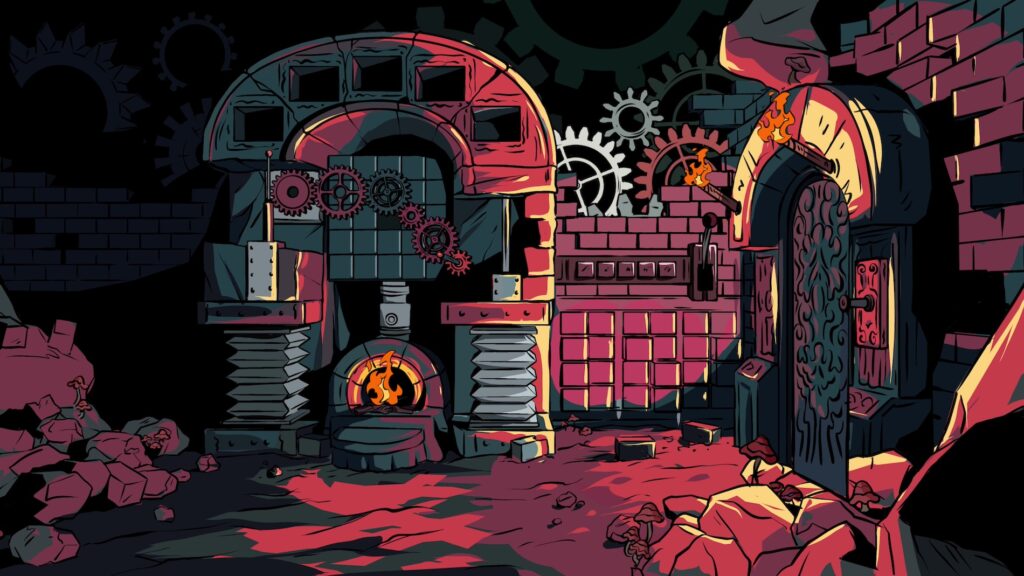
Testing is the final and most crucial phase. “Playtesting is key. We want puzzles to be fair, meaning they should be challenging but solvable through logic and communication, not random trial and error,” Olczyk explains. He emphasizes that the cooperative puzzle genre has vast untapped potential. “Surprisingly, very few developers are truly exploring it. There’s so much potential for new and innovative puzzle mechanics, new ways for players to interact and fresh ways to challenge communication and teamwork.”
Noir-Inspired Comic Book
Visually, Parallel Experiment stands out through a very specific and cool comic book aesthetic. The team at Eleven Puzzles wanted a clear and accessible visual style that wouldn’t distract from the core puzzle-solving experience. “Our focus has always been on the puzzles, so the visuals needed to enhance the experience, not distract from it,” Olczyk says.

The solution was the comic book art style, which not only makes the game visually engaging but also complements the detective theme. “Our lead artist, Adam Kabalak, played a key role in defining this style. He’s been drawing comics since childhood and his vision shaped the visual identity of our games.” The result is a unique blend of noir atmosphere and bold, hand-drawn aesthetics. “We also took it a step further, every cutscene in Parallel Experiment is presented as a beautifully illustrated comic book page, with nearly 100 pages created to tell the story.”
Passion and authenticity
A key takeaway for the team is the importance of storytelling in puzzle games. “At first, we thought escape room-style games didn’t need a strong narrative, but we quickly realized that players care about the story. They want to connect with the characters and feel invested in the mystery. That’s why, with each game, we’ve put more effort into creating a compelling, immersive detective narrative.”
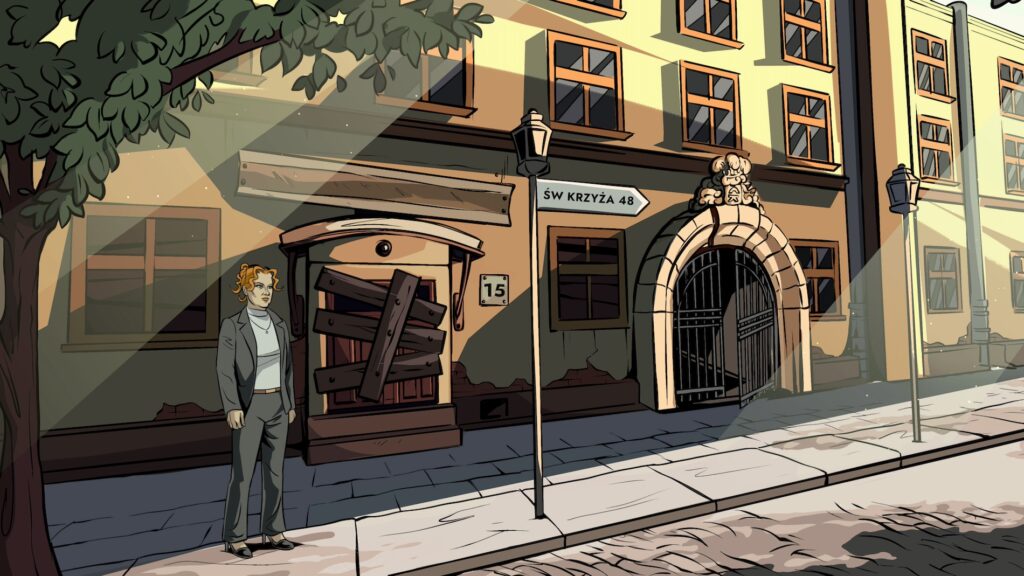
As Parallel Experiment nears release, Olczyk reflects on the most important lessons learned during its development. “Put your heart into it and players will notice,” he says. “We’ve learned that when we create something we truly love and believe in, it resonates with the community. Players appreciate passion and authenticity.” Olczyk also stresses the value of player feedback. “Our games improve significantly thanks to the feedback we receive and we take it seriously when refining mechanics and puzzles.”
Creative freedom
Founded in November 2020 as a passion project during the pandemic, Eleven Puzzles was born out of a love for escape rooms. “We missed the thrill of solving puzzles together,” says Olczyk. “We tried online escape games, but none of them really gave us that true escape room feeling, you know, cooperation, teamwork and shared problem-solving. So, we decided to create our own.” Now a fully remote team of eight, the studio managed to become fully self-funded, which has allowed them to retain creative freedom. “We started small and thanks to the success of our previous games, we’ve been able to grow sustainably.”
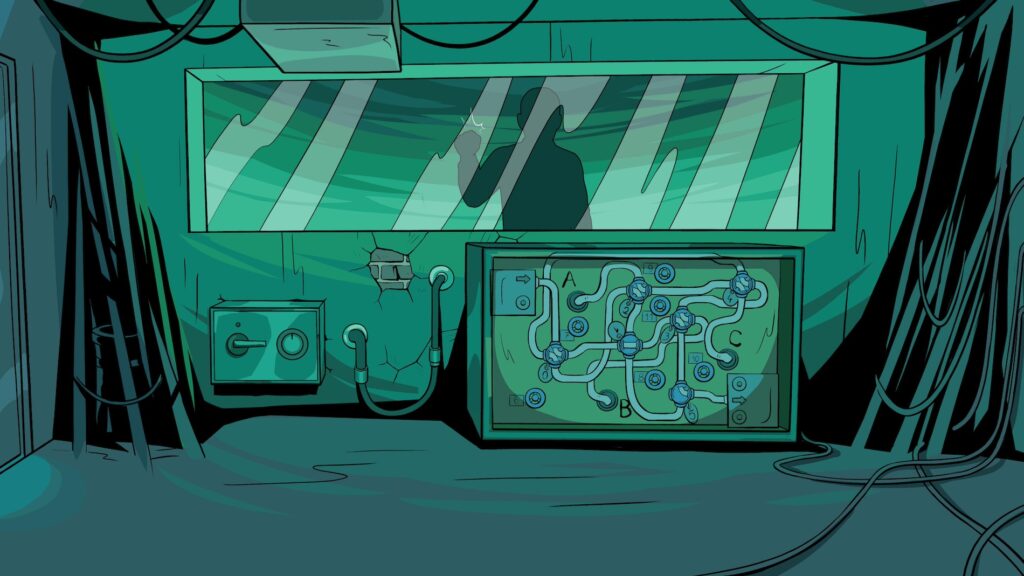
For marketing, the studio leans heavily on community engagement. “We have an amazing player base and much of our growth comes from word-of-mouth and social media interaction. We actively connect with our audience on Instagram, Twitter, Facebook and TikTok, sharing updates, behind-the-scenes content and fun interactions.” Their approach proves effective: “We believe that when you make something genuinely great, people naturally want to talk about it and that’s been our biggest strength.”
And that’s why Olczyk, his co-founder Karolina Pytka and the rest of the team are confident of the game’s success. “We design puzzles and mechanics that excite us, that we would enjoy solving and that we feel bring something fresh to the genre. And it turns out, when we do that, players love it too.”
Parallel Experiment is out now on Steam, iOS and Android.
This story first appeared on June 5, 2025

